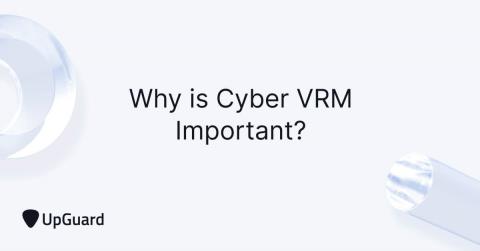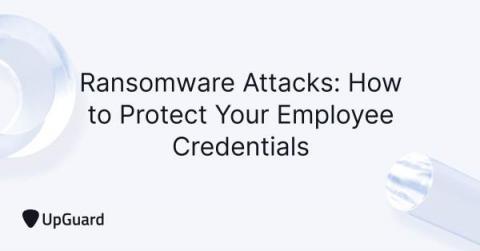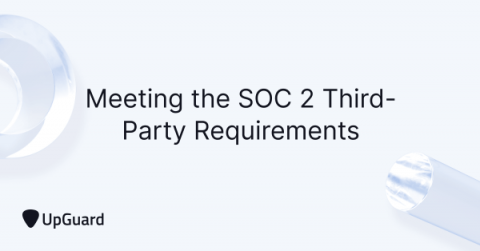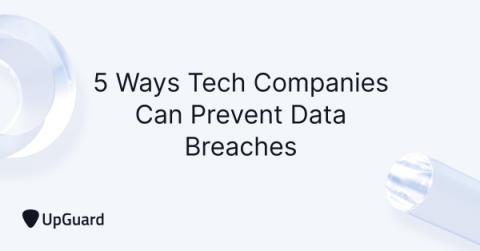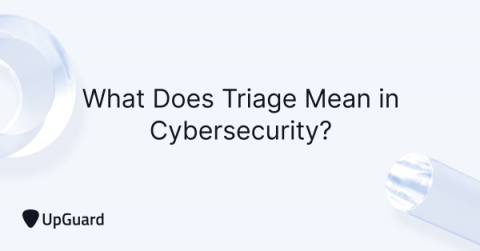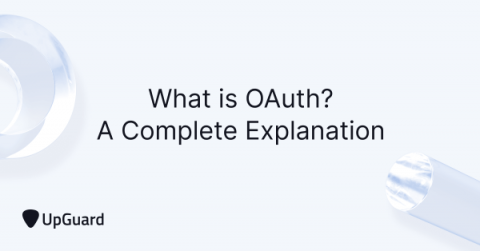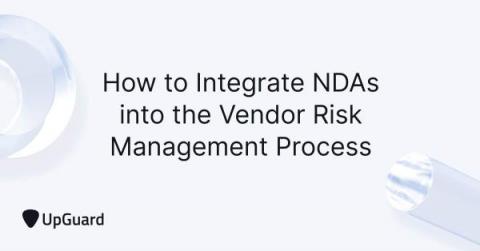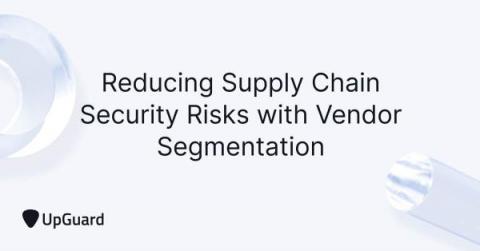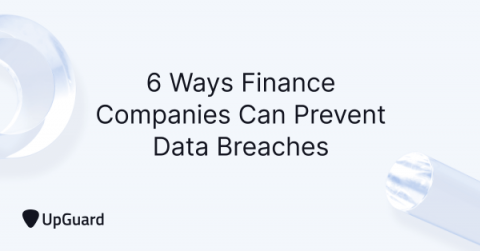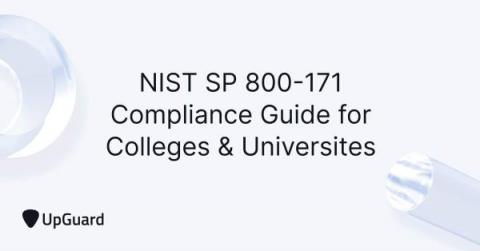Why is Cyber Vendor Risk Management (Cyber VRM) Important?
Cyber vendor risk management (Cyber VRM) is the practice of identifying, assessing, and remediating cybersecurity risks specifically related to third-party vendors. By leveraging data from data leak detection, security ratings, and security questionnaires, organizations can better understand their third-party vendor’s security posture using Cyber VRM solutions.


